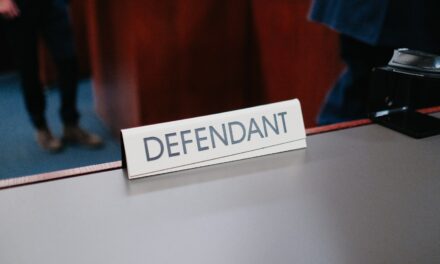1 Corinthians 8:1–9:27: Relinquishing our Rights
Introduction
For the Christian, holy living extends beyond marriage and singleness. Rather, holiness stretches to every facet of our living, including even what we eat and drink. Certainly, the kingdom of God is not a matter of eating and drinking (cf. Rom. 14:17). Nevertheless, Christians must recognize that what we eat or drink may have implications that affect the way we serve the Lord, our unbelieving neighbors, and our brothers and sisters in Christ. These issues go beyond simple questions of what our rights and liberties in Christ permit us to do. Much more, we must ask what is best for us to do. How, then, do we seek to live in every area of our lives in a manner that is pleasing to the Lord? In 1 Corinthians 8–9, Paul identifies several concerns for how food may be negatively affecting the church in Corinth. Then, he makes a simple observation that should shape the entirety of how we live our lives: it is better to be deprived of our rights than of Christ’s reward.
Discussion Questions
1) Why should we seek to gain theological knowledge (1 Cor. 8)? What problems may arise from having theological knowledge? In what way does love transform how we acquire and apply our theological knowledge to our lives? How do you seek to grow in your theological knowledge? How have you used or abused that theological knowledge?
2) What rights and liberties do you have in Christ (1 Cor. 9:1–14; cf. WCF 20)? Why is it important to recognize your own rights and liberties? Why is it important to recognize the rights and liberties of others? Where have you exercised your rights in a way that has hindered the progress of the gospel? Do you think you need to relinquish certain rights?
3) What reward does Paul expect to gain from preaching the gospel willingly (1 Cor. 9:15–18)? Why does he value that reward more than the exercise of his own rights? In what ways does Paul seek to use his freedom to serve others (1 Cor. 9:19–23)? Do you have the same priorities about the gospel? Where might you relinquish your rights to serve others?
4) Why do Christians need to exercise self-control (1 Cor. 9:24–27)? Why do Christians believe that self-control extends beyond mere behavior, all the way down to our desires? In what areas do you struggle with self-control? What does God promise about growth in self-control? Why is the imperishable prize of Christ worth pursuing self-control?




